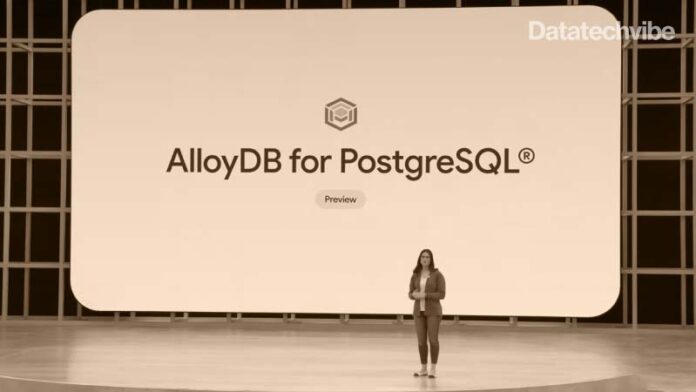With AlloyDB, Google Cloud provides high-end database features while maintaining the PostgreSQL features and compatibility that customers require
Google Cloud unveiled AlloyDB, a new database designed to deliver the high-end performance and reliability features that enterprises demand while maintaining compatibility with the open-source PostgreSQL database API. With AlloyDB, Google Cloud provides high-end database features while maintaining the PostgreSQL features and compatibility that customers require. The company did that by essentially rewriting the lower half of the database to use the company’s unique storage and compute offerings, called Colossus and Borg, respectively.
The company didn’t rewrite everything closest to the infrastructure in PostgreSQL; there are still open source elements. Rewriting the innards of PostgreSQL enabled Google Cloud to boost its performance. Google Cloud benchmark tests show AlloyDB can handle four times more transactions than open-source PostgreSQL. It’s twice as fast as AWS’s comparable PostgreSQL engine and delivers a 100x speedup on analytical queries compared to open source PostgreSQL. While Google Cloud isn’t publicly releasing those benchmark results, the public should have faith that they were done accurately, said the company.
Maintaining 100 per cent compatibility with the latest release of PostgreSQL, version 14, will enable customers to “lift and shift” their PostgreSQL workloads to AlloyDB. Not only is it fully compatible with the API layer, but more than 50 PostgreSQL extensions, including PostGIS, are also compatible with AlloyDB. The software was also developed in a way that will ensure compatibility in future releases.
With AlloyDB offering a high-end PostgreSQL experience, Cloud SQL offering a basic PostgreSQL service, and Cloud Spanner providing a unique global database offering that is now compatible with PostgreSQL, Google Cloud is “tripling down” on PostgreSQL.









